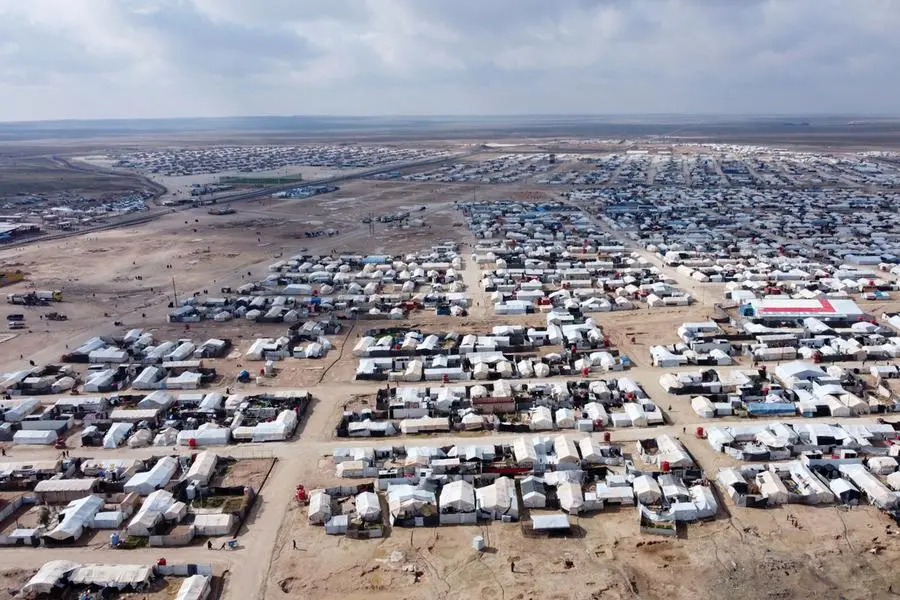PHOTO
A UN official on Friday appealed for about $4 billion in humanitarian assistance for Syria, warning funding was almost non-existent and that lack of support would push more Syrians to emigrate.
Syria's war, which began 13 years ago with the repression of anti-government protests, has killed more than 507,000 people, displaced millions and ravaged the country's economy, infrastructure and industry.
"In 2024, we are appealing for $4.07 billion to provide lifesaving aid to 10.8 million Syrians, out of 16.7 million people assessed to be in need of assistance," said United Nations resident and humanitarian coordinator for Syria, Adam Abdelmoula.
"At least 12.9 million people are food insecure across the country," he told an online news conference.
At March 1, "only 0.02 percent" of this year's humanitarian response plan requirements have been funded, he said, meaning "lifesaving programmes and services" are being curtailed or scaled back.
Inaction would mean at least 2.5 million children would lose the chance to return to school, while about 2.3 million women of reproductive age may "lose access to vital reproductive and maternal health care", he said.
Abdelmoula also noted "Syria's vulnerability to climate shocks", exacerbated by conflict, warning of water scarcity and "heatwaves impacting agriculture and livestock".
Israel's war with Palestinian militant group Hamas in the Gaza Strip has meant an increase in commodity prices in Syria due to global shipping disruptions, and "a significant increase" in Israeli air attacks against targets in the country, he said.
Israel has launched hundreds of air strikes in Syria since civil war broke out in 2011, targeting Iran-backed forces including Hezbollah as well as Syrian army positions, but attacks have increased since Israel's war with Hamas, a Hezbollah ally, began on October 7.
"The targeting of the airports in Syria" has also impacted humanitarian air services, Abdelmoula said, adding that "this past year, we had to cancel 49 humanitarian flights".
He warned of the potential for several "catastrophic" consequences of ignoring the Syria crisis, including the potential "resurgence of terrorism" and the further destabilisation of neighbouring countries such as Lebanon and Jordan "by not creating conducive conditions for the return of refugees".
He also warned of a possible spike in migration to Europe, noting that 2023 saw a "38 percent" increase in asylum applications from Syria compared to the previous year.
Urging countries to act even "out of sheer national self-interest", he said "the math speaks for itself."
"It is less costly to provide for people to remain in their countries as opposed to providing for them when they reach any destination of refuge," he added.





















